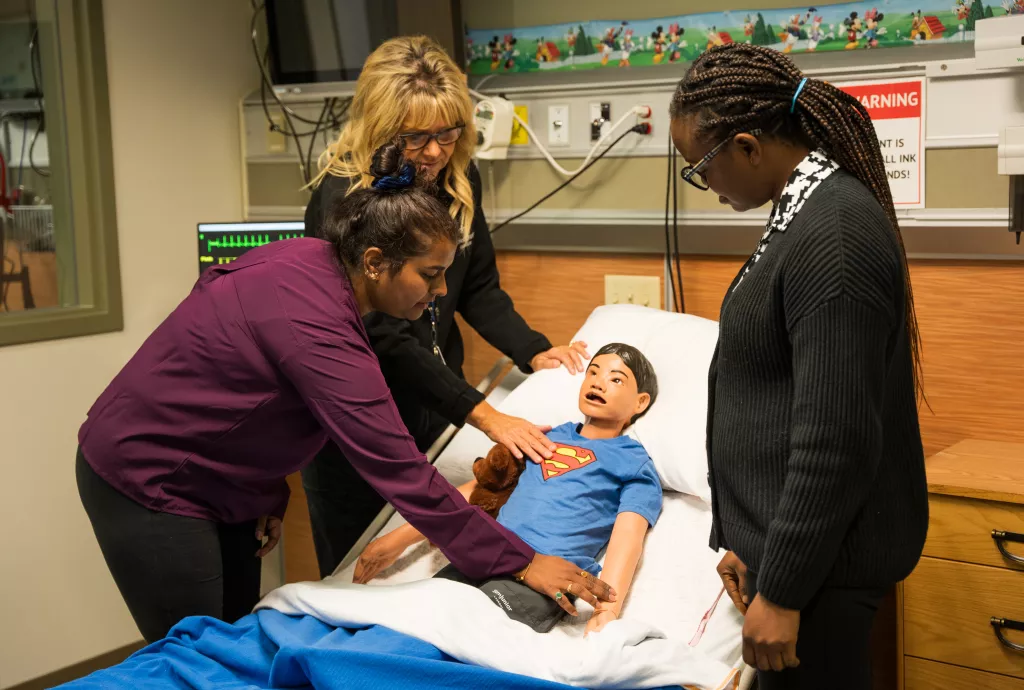| Expand
In Biology II, students will study how cells reproduce, including the cell cycle and cell division mechanisms. Topics covered include the mechanisms involved in the formation of gametes, patterns in inherited traits, Mendels Laws of Inheritance, non-Mendelian inheritance, DNA structure and replication, gene expression, mutation and repair, and genetic technologies and applications. Evolutionary theory, particularly its role in explaining the unity and diversity of life on Earth, is covered in the second half of the course. Like all biological systems, both disease-causing organisms and their hosts evolve. From this perspective, understanding the life cycles of human pathogens and how they evolved plays an important role in research and treatment of disease. Topics include the principles of taxonomy and phylogeny, the beneficial and harmful effects of microorganisms in the environment, particularly bacteria, viruses and fungi as human pathogens. The importance of biodiversity in maintaining viable ecosystems is underlying theme throughout the course. |





